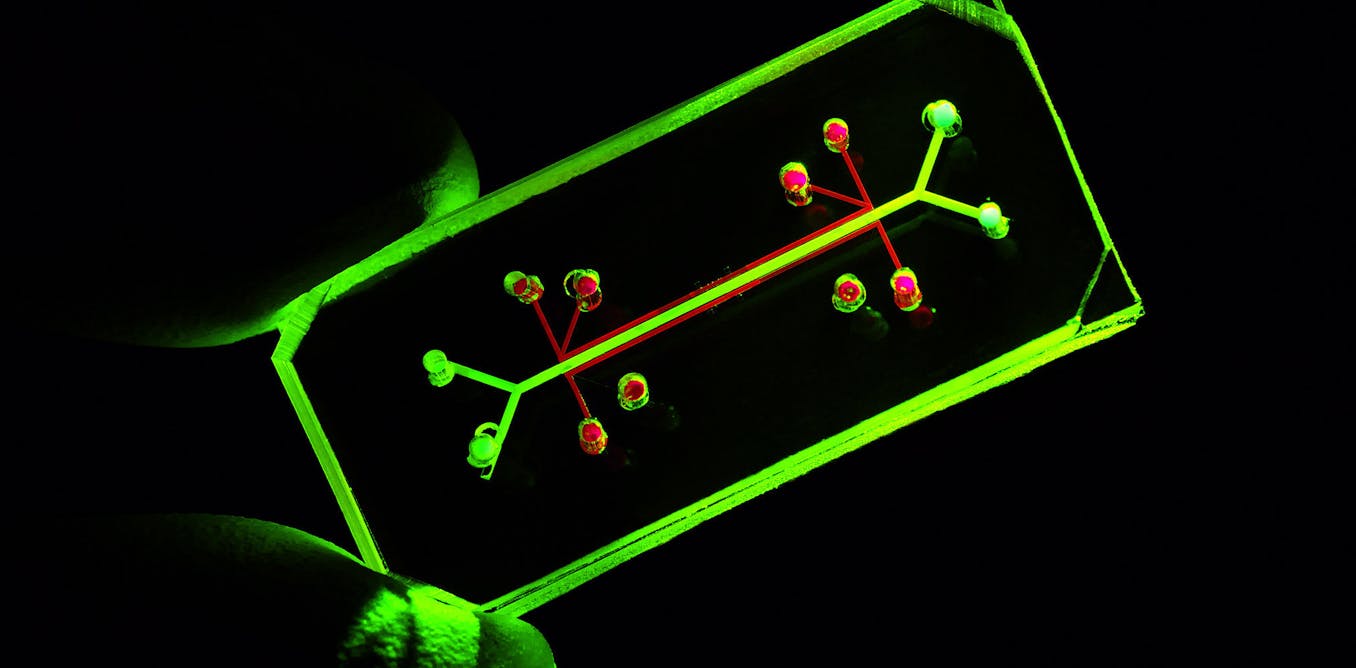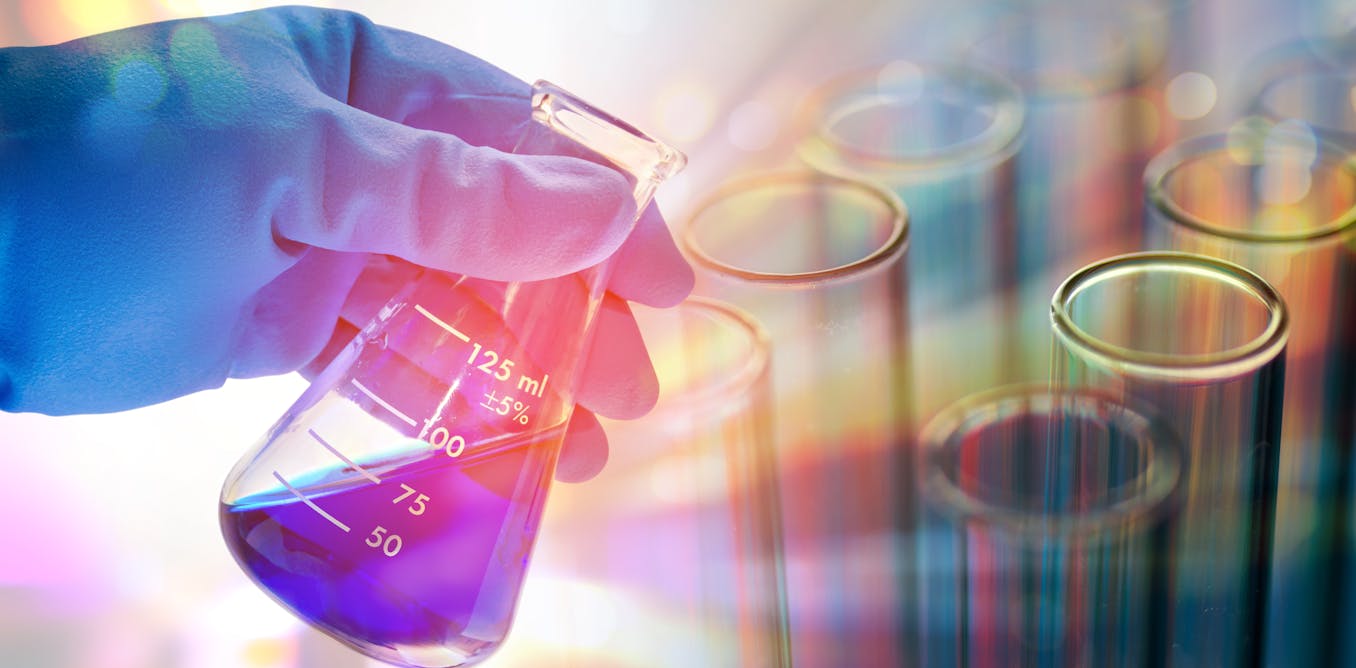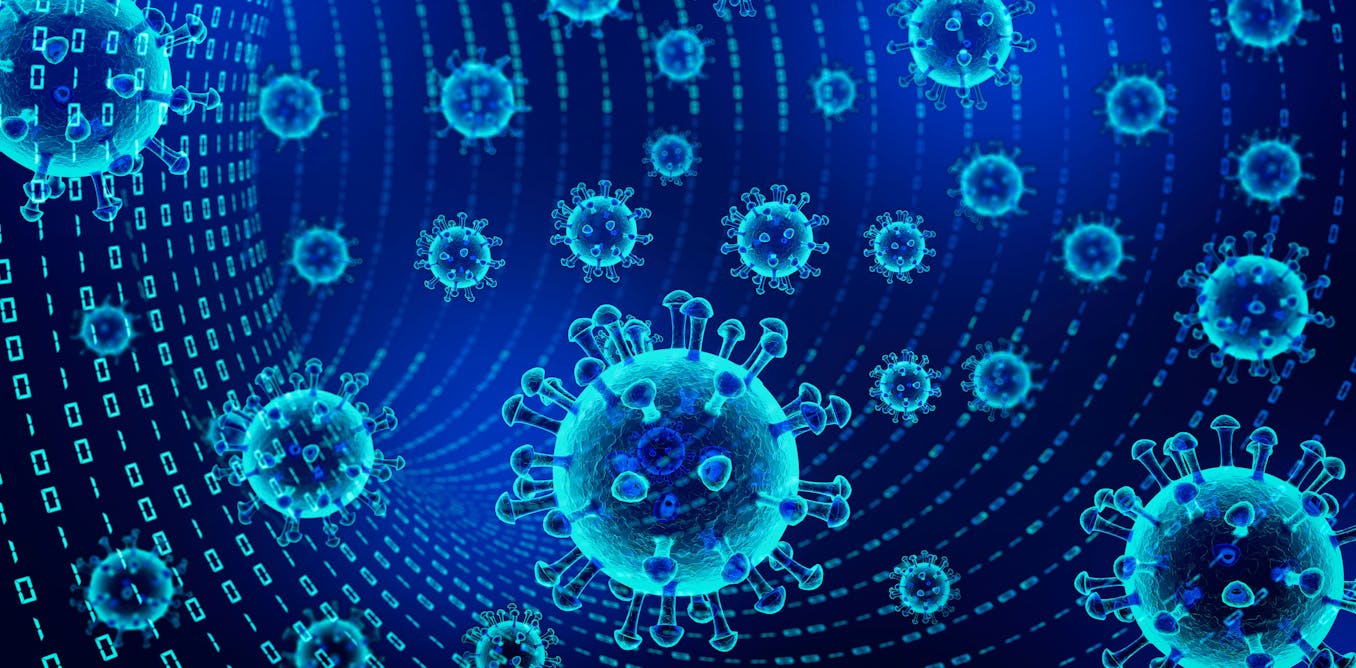Organ-on-a-chip models allow researchers to conduct studies closer to real-life conditions – and possibly grease the drug development pipeline
Successes in the lab mostly don’t translate to people. Research models that better mimic the human body could close the gap.
Jan. 10, 2023 • ~7 min







